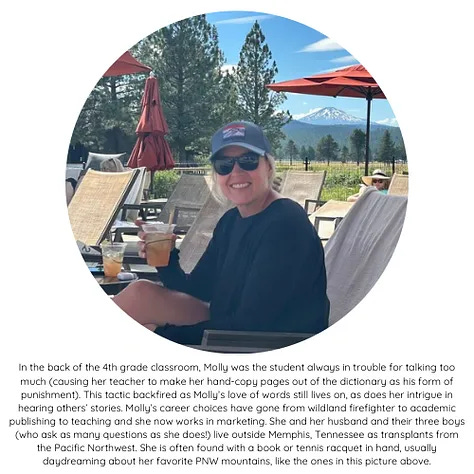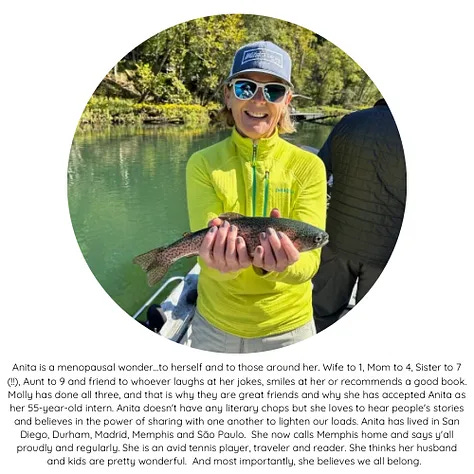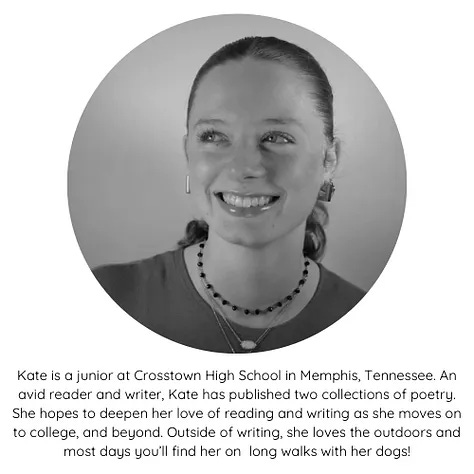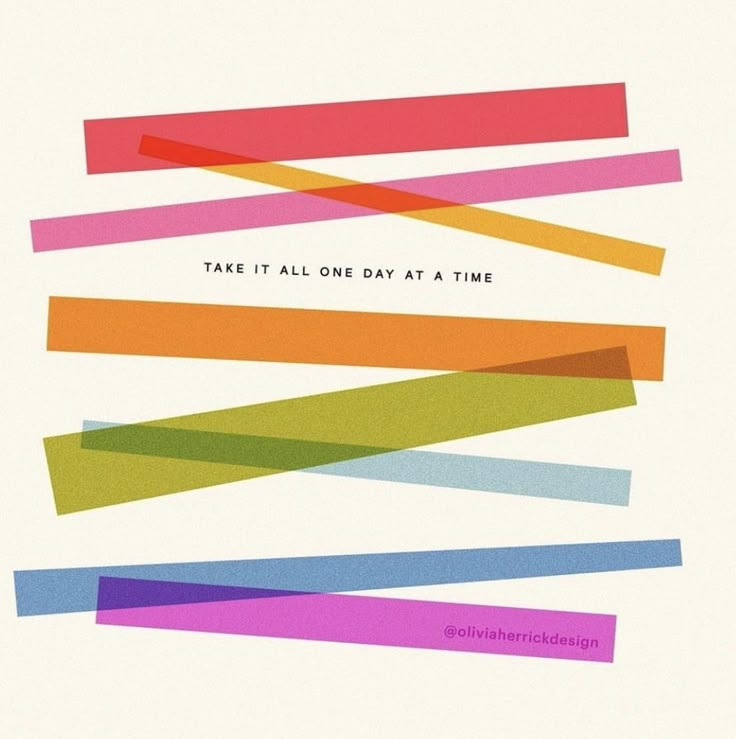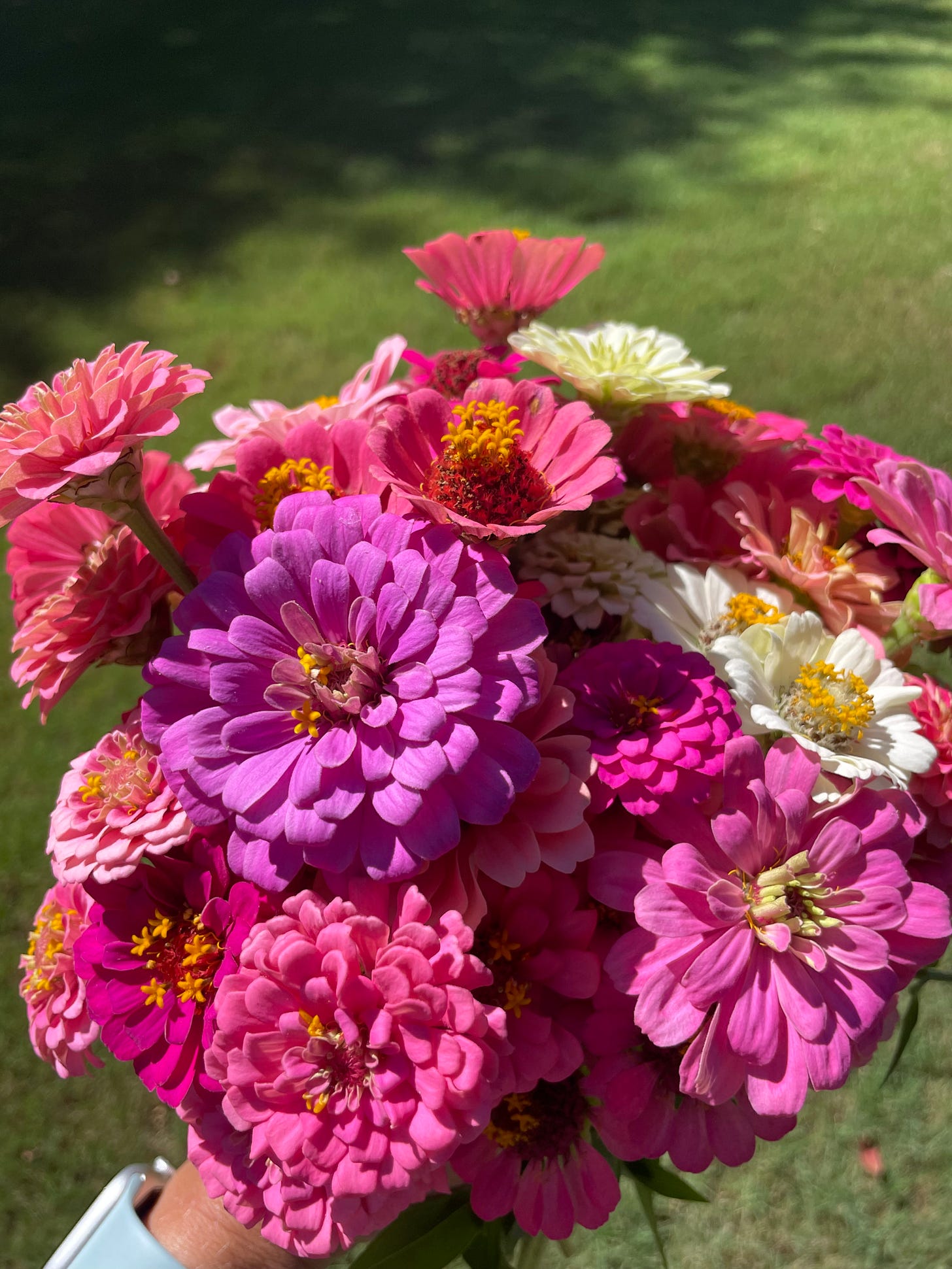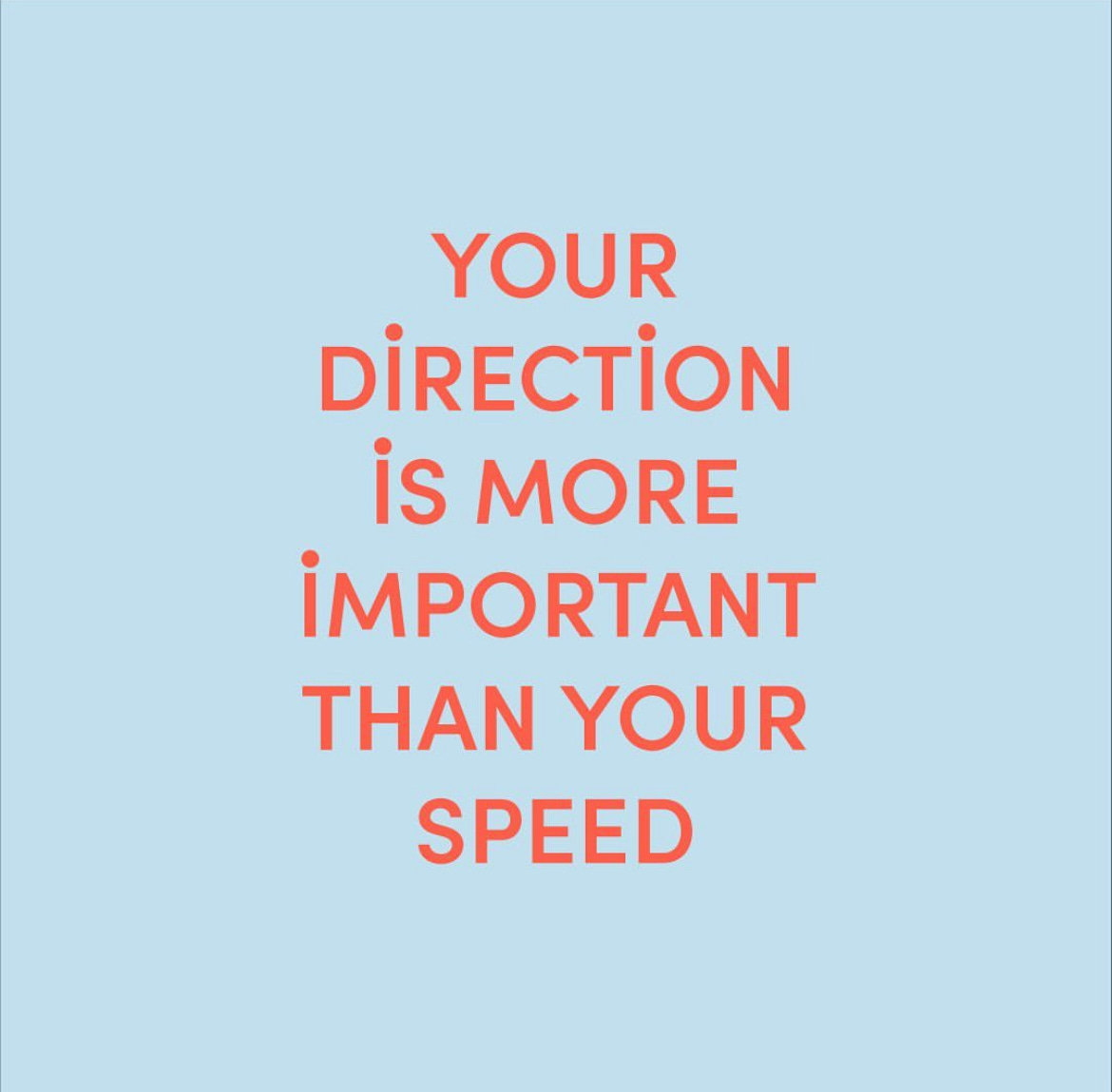Celebrating the fourth year of The Learning Curve!
Our fourth year was marked by deep grooves — dedicated readers coming back time and again to listen in as women shared their hearts and truths. We trusted that those worn, storied paths allow us find ourselves in another’s story, to know that we are more alike than we are different. We thank you for digging in with us, supporting our writers and being willing to join something good and true.
Just as we’ve marked each year before, today we share snippets from each of this year’s writers. I invite you to sit back and savor the brilliance of these women and raise a glass to our fourth year of TLC! —Molly
P.S. This year also brought our amazing intern, Kate, into the fold. We’re grateful for her brilliance, social prowess, and up-for-anything attitude!
“A word after a word after a word is power.”
—Margaret Atwood
“With time, I felt the pressure bubbling up within me, a conviction to create a kitchen full of second chances and renewed hope. For all the merciless moments that built and shaped and nearly broke the kids I met, baking was the proof we could go through fire and not be burned. We could become new again. Whatever hurt us, did not have to define us.” —Lauren, Letter 123
“But the prospect of moving terrified me. Not only because it meant adding to the number of physical moves, but because it meant shifting and transforming the vision I had for my life and bringing it into focus with the hopes and vision I had for my relationship. I could feel within myself, and still do, the tension between ‘Me and my life’ to ‘You and me and our lives.’” — Isabella, Letter 125
“Beyond seeking knowledge just for the sake of it, I began to reorient my understanding of being good at something. I think it took until age 22 to internalize that I don’t have to be particularly skilled at an activity in order to enjoy it.” —Mallory, Letter 126
“Having the ‘always learning mindset’ has been a central part of my work and journey. I don’t think one ever arrives. Our work with our bodies is truly a learning journey.” —Jenna, Letter 127
I try to solve my problems with my mind, to try and find a sense of purpose or reason. But grief touches the mind, the emotions, and the body. —Beth
“I am a thinker. I try to solve my problems with my mind, to try and find a sense of purpose or reason. But grief touches the mind, the emotions, and the body. When I was standing on the edge of the void, toes hanging over the precipice of emptiness, my mind couldn’t solve it. I couldn’t think my way out of grief.” —Beth, Letter 128
“These tidal waves of emotions caught me off guard, but they made me think of something my therapist often reminds me—a theme that recurs in our sessions time and time again: things don’t have to be all or nothing.” —Nicole, Letter 129
“I love the idea that I might be able to actually DO something to help prevent my children from developing anxiety. Turns out, I just need to get out of the way. Do less, if you will.” —Emily, Letter 130
“Slowly (not that slowly), the weight came back. I felt self-conscious about what people thought, but reminded myself it was nobody’s business. Actually, I was healthier now than I was in my smaller body, when I was barely nourishing myself.” —Amy, Letter 131
“Caregiving has given me a gift I didn’t expect. We have the opportunity to show up for people, to provide attention and distraction when they are scared and overwhelmed, to deepen a connection that gives us power, hope, and strength to hold on to as the waves of life push us forward.” —Alyson, Letter 132
“In reality, ‘Down syndrome’ is just a descriptive phrase, like blonde hair or right-handed, and it does not define Guion. He’s capable of so much. We did not know all the things he could do when he was born, nor do we know where his journey in life will take him, but we do know that we’re here to help him be the best version of himself. That includes believing he can do more and helping others do the same.” —Rebecca, Letter 133
While respecting diverse perspectives and the subjective nature of truth is essential, upholding the integrity of facts is equally vital. —Nadine
“This is not to say that facts are better than truths or vice versa. It’s a matter of understanding the differences, navigating the relationship between reality and what we think should or could have happened, and not misrepresenting one for the other. While respecting diverse perspectives and the subjective nature of truth is essential, upholding the integrity of facts is equally vital.” —Nadine, Letter 134
“Despite having age lines, brown spots, wrinkles and surfacing gray hairs, I can still find this little girl inside and I now want to be kinder to her. She was naïve and open to a world full of opportunity, and she was supposed to be. I can meet myself again with more grace and laughter and see the little girl grow up to learn to love herself better, even when the world let her down, because she is worth it.” —Lauren, Letter 135
“It meant we realized there was no one way to do something. Just because we break tradition one year, we can always go back the following year. And who knows, maybe we will start a new tradition. We can gain lasting insights by choosing a different path or slowing down to try something new. We just have to be willing to try.” — Molly, Letter 136
Relationships are so hard, but shouldn’t we just start with the personal—the mundane, the essence of connection? —Emily
“So many times lately, I’ve felt like there’s a lack of humanity or callousness in interactions. Relationships are so hard, but shouldn’t we just start with the personal—the mundane, the essence of connection? We’re all humans, after all. And it would be nice to treat each other with dignity.” —Emily Paine Smith, Letter 137
“In October, a student brought a loaded gun and a list of students he had planned to attack to the middle school where I teach. He ended up turning in the weapon to a trusted adult and no one was harmed…physically. The next few weeks were a slow crash, a dimming as the days shortened. I lay awake at night imagining what I would do if (when?) a student pulls a weapon in my classroom.” — Beth, Letter 138
“But in recent years, I’ve noticed a trend toward a concerning amount of skepticism surrounding expert advice, both in medicine and across various sectors of society. This shift has become particularly evident in my interactions with patients, some of whom question or outright reject the medical advice I provide, despite it being grounded in well-established clinical evidence. It is almost as if the experts have become the enemy.” — Emily, Letter 139
“With each passing day, as 30 drew nearer, I became more and more introspective, mourning my childhood and teen years, which had slipped away in the blink of an eye, and thinking about what I’d been through in my 20s — mistakes made, lessons learned, tears shed, and laughs shared.” —Sarah, Letter 140
“Yes, I have lived in 3 countries, I have started my own business, I have hiked 15 miles with my boys to see an erupting volcano in Iceland, I have climbed on the Great Wall of China…but being a bold adventurer also shows up in trying a new hobby, meeting a new friend, joining the mahjong table.” —Katherine, Letter 141
“I also learned so much from the people around me — people struggling with mental health, addictions, and eating disorders. So much so that, five years later, I barely recognize that girl who walked into the doors of that psychiatric hospital.” —Nicole, Letter 142
“Because I have learned that community is about inviting other people to participate in your life. That we must create space for ourselves and others to be vulnerable, to be loved and embraced for who we are. It takes practice and intentionality to build community…” — Alyson, Letter 143
“I had always bought into the main myth about dyslexia: that somebody with dyslexia sees words backwards, reads backwards, writes backwards. And that is not true at all.” — Leigh, Letter 144
Questioning isn't the enemy of faith; it’s an invitation into something deeper and more honest. —Kristi
“The shift from being fed "truth" and doubting myself, to having the freedom to listen to my own inner voice, is one of the most profound parts of this journey. Questioning isn't the enemy of faith; it’s an invitation into something deeper and more honest.” —Kristi, Letter 145
“My mom’s main goal as a parent is to break the cycle of generational trauma. Her parenting strategy empowers my two older brothers and me to believe we are capable of anything. She raises us, but she does not do the building - we do. — Kate, Letter 146
In gratitude,
Molly, Anita + Kate
P.S. Which letters from our 4th year stayed with you the most? Share your memorable TLC moments with us in the comments!
